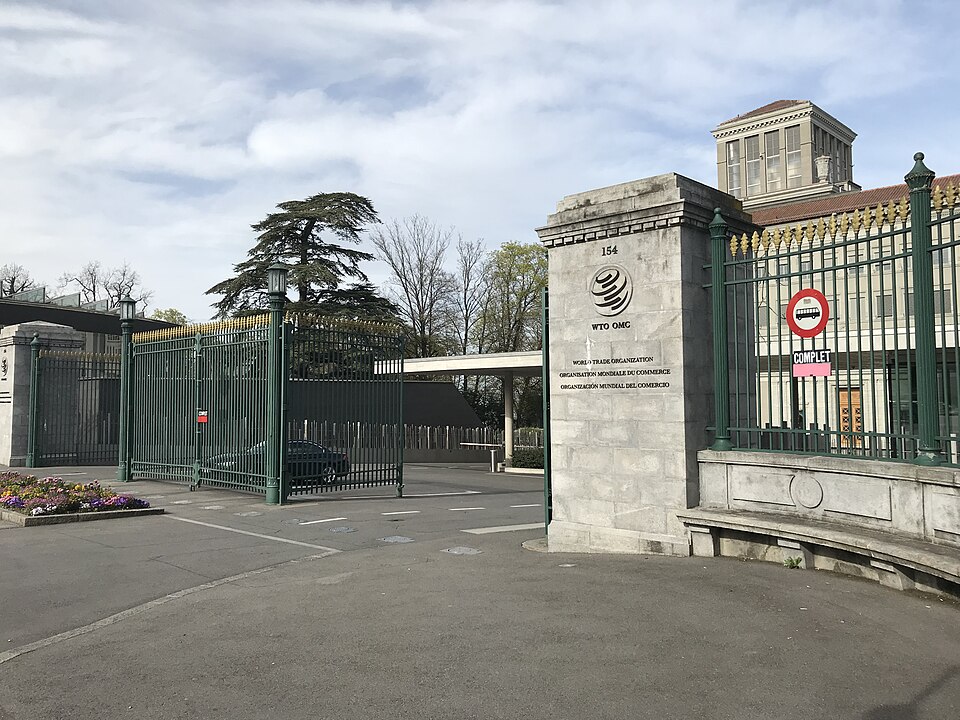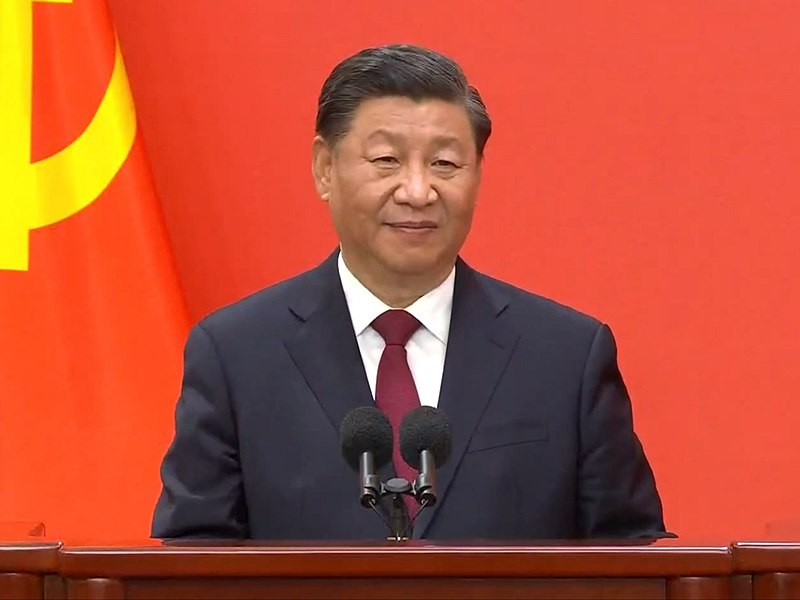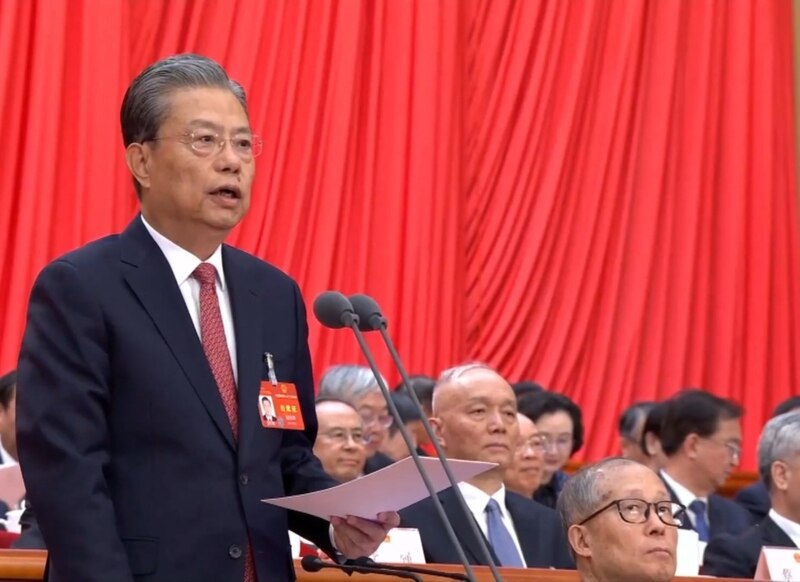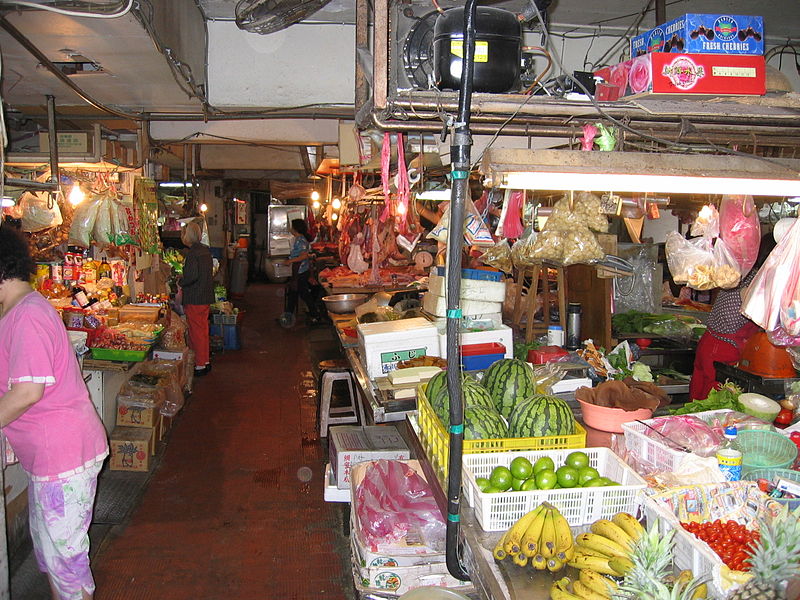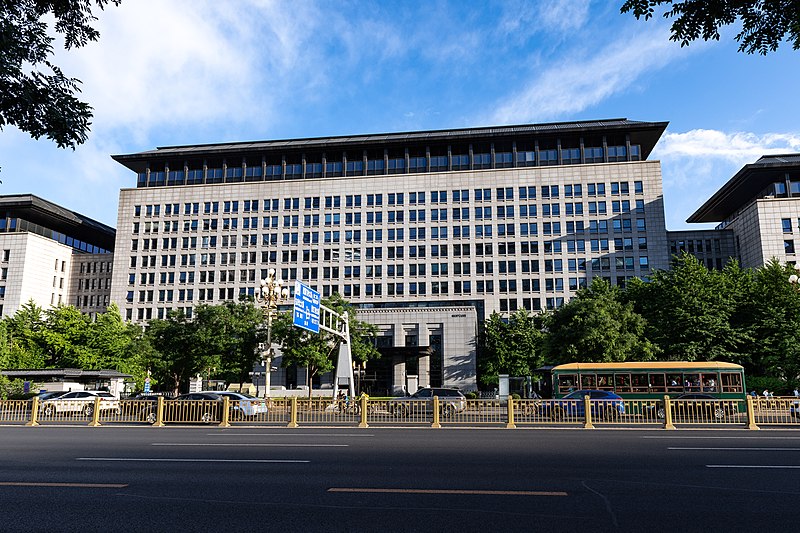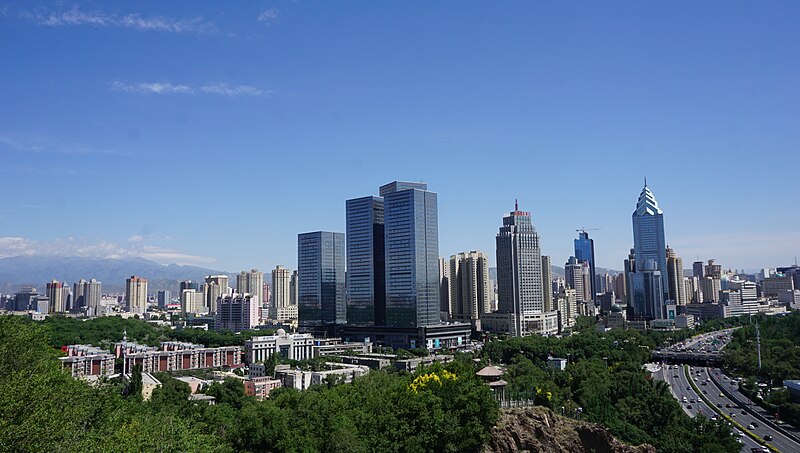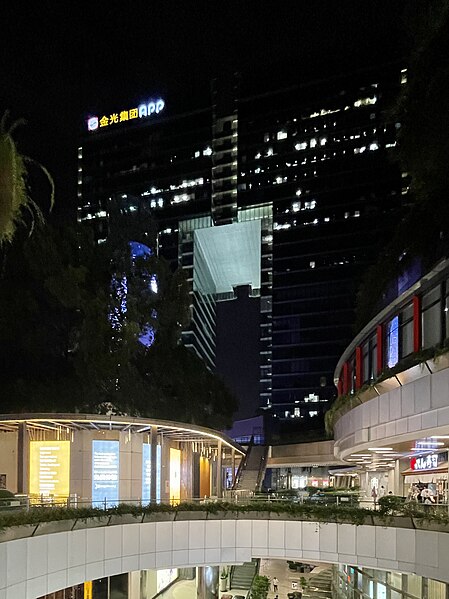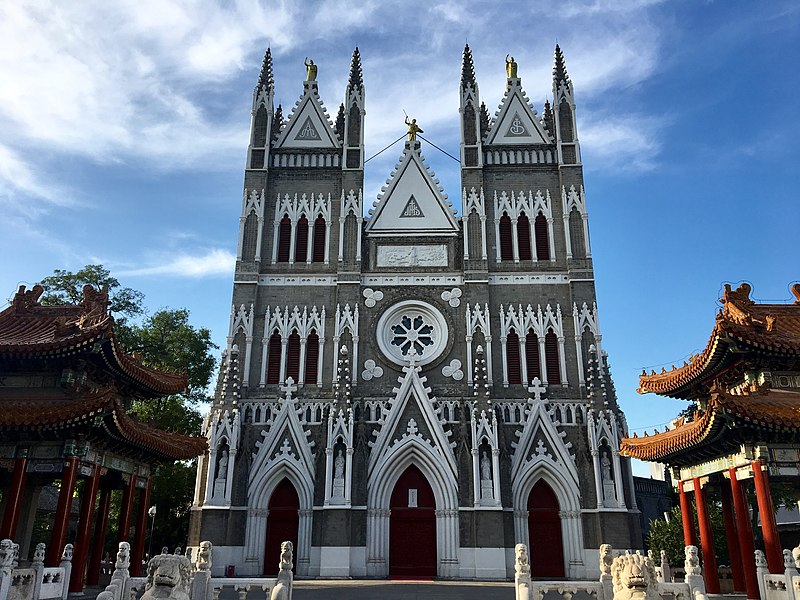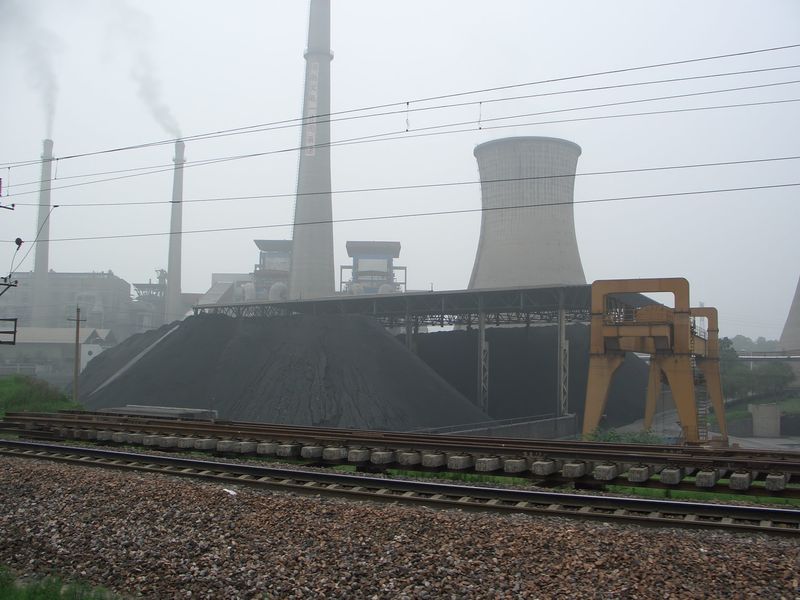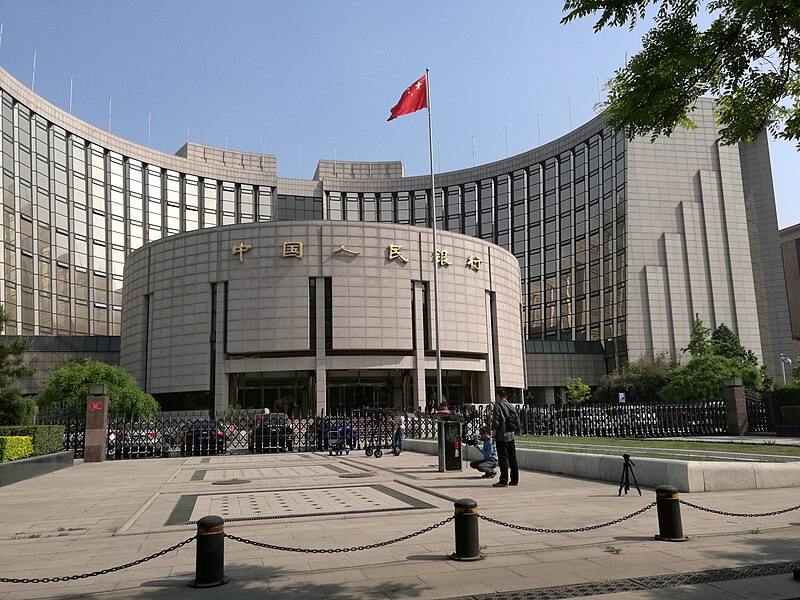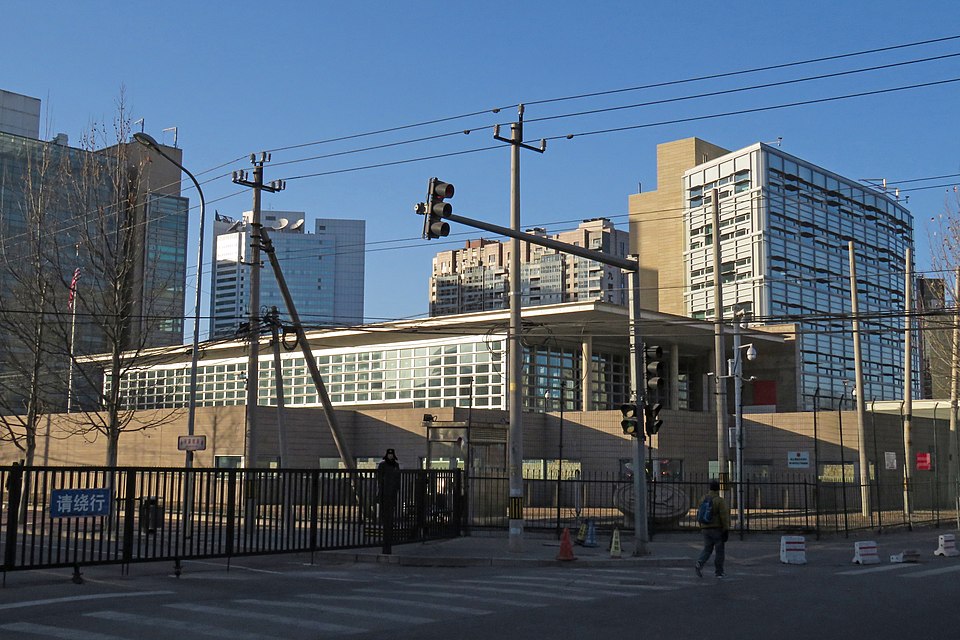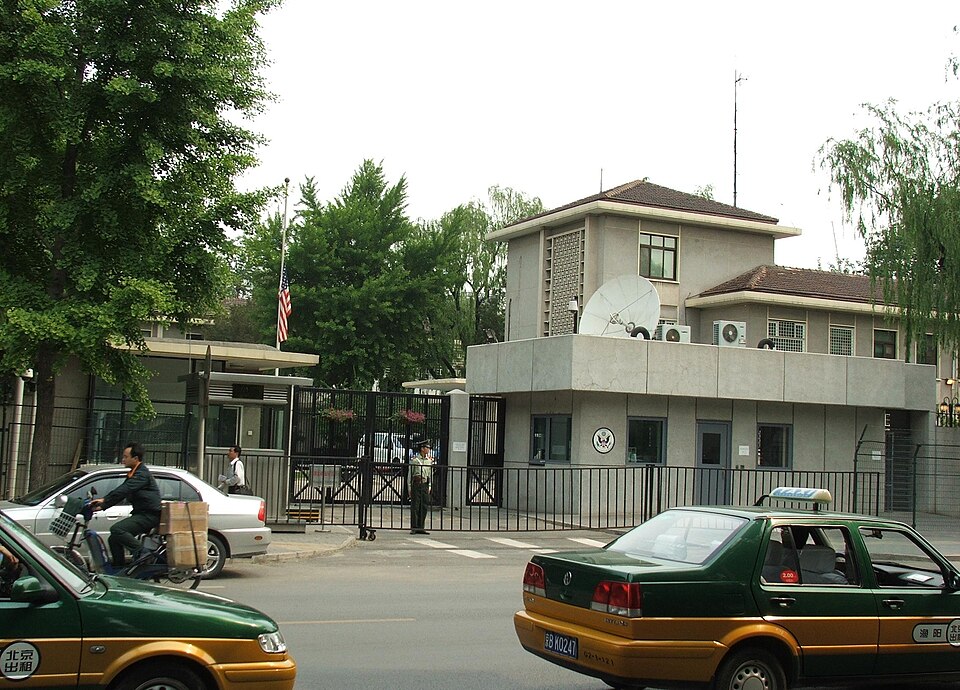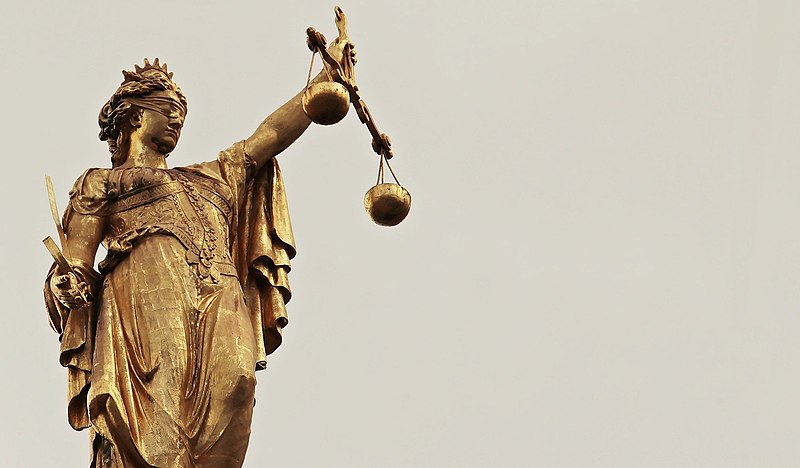
The rule of law in Hong Kong is "profoundly compromised" in areas where the government holds strong opinions, according to a British judge who resigned last week
from the top Hong Kong appeals court.
Jonathan Sumption, one of two British judges who resigned shortly after a landmark verdict convicted 14 prominent democratic activists for subversion amid a national security crackdown, expressed his concerns on Monday. Sumption's resignation follows the national security law imposed by China on Hong Kong in 2020, which has been a response to mass pro-democracy protests.
In an editorial published on the Financial Times website, Sumption explained his decision to resign, stating that Hong Kong authorities were paranoid about political dissent. "Hong Kong, once a vibrant and politically diverse community, is slowly becoming a totalitarian state. The rule of law is profoundly compromised in any area about which the government feels strongly," he wrote.
Hong Kong's Chief Judge Andrew Cheung thanked Sumption for his past work but acknowledged the tension between protecting fundamental rights and safeguarding national security. Hong Kong's leader John Lee disagreed with Sumption's comments, arguing that judges lack expertise in political matters and accusing Britain and other countries of attempting to interfere in Hong Kong's legal affairs. Lee insisted that the national security law was necessary for stability and maintained that the city's rule of law remains strong.
"Some UK officials and politicians try to weaponize the UK's judicial influence to target China and HKSAR (Hong Kong)," Lee told reporters, adding, "A judge is entitled to his personal political preferences, but that is not a judge's area of professional expertise."
The resignations of foreign judges, including Canada's Beverley McLachlin, who announced her departure upon the expiration of her term on July 29, have raised concerns about the impact of Hong Kong's tightened security laws on its judiciary. These resignations add to the growing number of British jurists severing ties with Hong Kong's highest court amid the crackdown on dissent under the national security law.
Since the law's implementation, many of Hong Kong's democratic campaigners have been arrested, detained, or forced into exile, leading to the closure of civil society groups and liberal media outlets. A recent landmark trial saw 14 pro-democracy activists found guilty and two acquitted, further undermining the city's rule of law and its reputation as a global financial hub.
"The real problem is that the decision is symptomatic of a growing malaise in the Hong Kong judiciary," Sumption concluded in his editorial. Photo by pixabay free images, Wikimedia commons.
